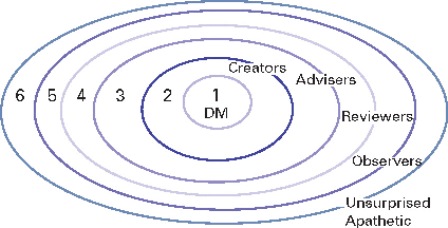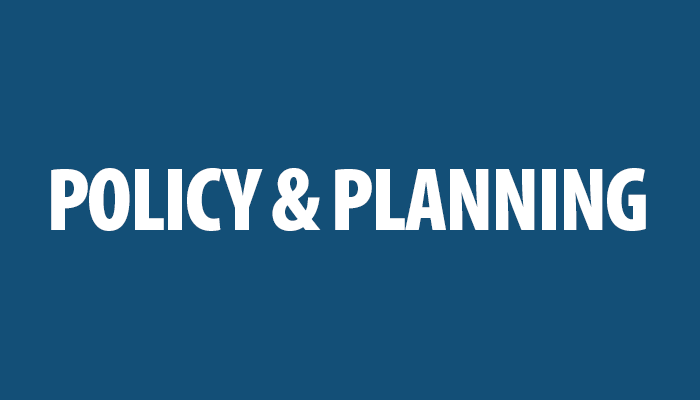 Representatives of other development agencies dealing with water resources, hydropower, drinking water, agriculture, irrigation, transport and communications and financial and land use planners could make up the first orbit of stakeholders.
Representatives of other development agencies dealing with water resources, hydropower, drinking water, agriculture, irrigation, transport and communications and financial and land use planners could make up the first orbit of stakeholders.
Similarly, state and local government representatives, eminent public personalities, academics and experts from outside the government institutions representing social, economic and environment disciplines, as well as parliamentary representatives of flood-prone areas could make up the second orbit.
Depending on the countries’ size and the extent of the flood problem, a wider group of stakeholders involving NGOs, various professional and technical associations can be included in the consultation process during the preliminary policy draft stages through workshops and/or electronic mail.
The draft policy should include a social impact assessment clearly showing the policy’s impact on social issues such as poverty and changes in community structure. Strategic environmental assessments should also be conducted to identify and assess the environmental effects of proposed policies. Draft national flood policy prepared by the stakeholders should be the subject of open and informed debate made possible by the media before its submission to the decision-making body.
